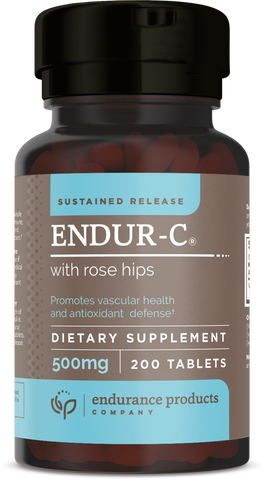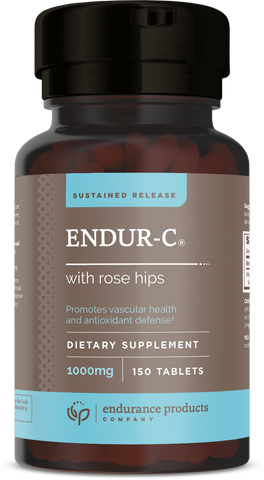Evolution wise, man (and woman) was not meant to park themselves on the couch all day. Back in the days of the dinosaurs, we had to keep on the move to find food, build shelter, gather firewood, and so on. Going to the gym wasn’t the way we worked out. Life was a workout.
Fast forward a few million years and life has gotten, well, a heck of a lot easier. We drive around the block to pick up a carton of milk at the drive-thru market. We spend hours staring at a computer screen. We change the channel with a little black box from the couch, and we talk to co-workers by text.
We could all literally sit on our backsides for almost the entire day.
And many of us do. Research shows that Americans spend, on average, almost 8 hours a day sitting.1 And that’s bad for so many reasons. First off, sitting burns very few calories. So sitting for hours at a time can derail your efforts to maintain a healthy body weight. And one step further, sitting too much can actually be deadly.
In short, the more time you spend on your tush, the greater your risk of death … from any cause.
Sitting is also murder on your cells. Why? A little lesson in biology: When the body is working well, the heart sends blood to the lungs to gather oxygen through veins, then arteries carry that nutrient-rich blood throughout the cells in the body.
Both arteries and veins are lined with an uber-thin layer of cells called the endothelium. One of the endothelium’s jobs is to keep those blood vessels flexible, supple, and responsive.
The endothelium regulates blood flow and pressure throughout the body, including your legs. Unfortunately, with prolonged sitting, blood flow decreases and causes pooling within the vessels in your lower legs that can inhibit optimal endothelial function.2
So, what can we do to keep that endothelium working in tip-top shape? Try these:
- Use a standing desk at work. If that’s too much, sit on an exercise ball for part, if not all, of the day. This will at least keep your muscles engaged.
- Stand up during meetings. Who knows, you may start a healthy trend. Make a walking date. Suggest you meet friends for a walk instead of lunch or coffee.
- Stand up to read. Read your morning paper or other materials standing up, or even pace while you’re reading.
- Walk or bike to work whenever possible. If that’s truly impossible, walk or bike part of the way.
- Take a get-up-and-move break every hour. Moving for a little as 5 minutes after sitting for an hour helps maintain optimal blood vessel function. If you can’t remember, set a timer.
- Hide your remote control. Get up and change the channels instead. And during commercials, do a few leg lifts or stretches.
Another important component of endothelial health is the right nutrients. In a recent crossover study done at Indiana University, Bloomington, researchers found that when healthy men sat for 3 hours, blood flow in the legs was impaired along with a significant decline in endothelial function. However, when the men repeated the sitting test taking vitamin C (1,000 mg after 30 minutes and another 500 mg after 1-1/2 hours), the decline was thwarted.3
Why? The researchers attribute this protective action to vitamin C’s powerful antioxidant properties, which help combat oxidative stress and help maintain healthy blood vessel function.
So make sure you get up and stretch throughout the day. And always make sure you get enough vitamin C! Making ENDUR-C® 500mg or ENDUR-C® 1000mg part of your daily routine can help.
About Endurance Products Company
Endurance Products Company has been a trusted source of quality dietary supplements since 1978. Our sustained-release and extended-release tablets feature a unique vegetable wax matrix that releases nutrients in a slow, steady manner over a period of hours for optimal nutrient absorption and retention.
References
1. Matthews CE, Chen KY, Freedson PS, et al. Amount of time spent in sedentary behaviors in the United States, 2003-2004. Am J Epidemiol. 2008;167(7):875-81. PMID: 18303006.
2. Thosar SS, Johnson BD, Johnston JD, Wallace JP. Sitting and endothelial dysfunction: the role of shear stress. Med Sci Monit. 2012;18(12):RA173-80. Review. PMID: 23197245.
3. Thosar SS, Bielko SL, Wiggins CC, Klaunig JE, Mather KJ, Wallace JP. Antioxidant vitamin C prevents decline in endothelial function during sitting. Med Sci Monit. 2015;21:1015-21. PMID: 25848890.


